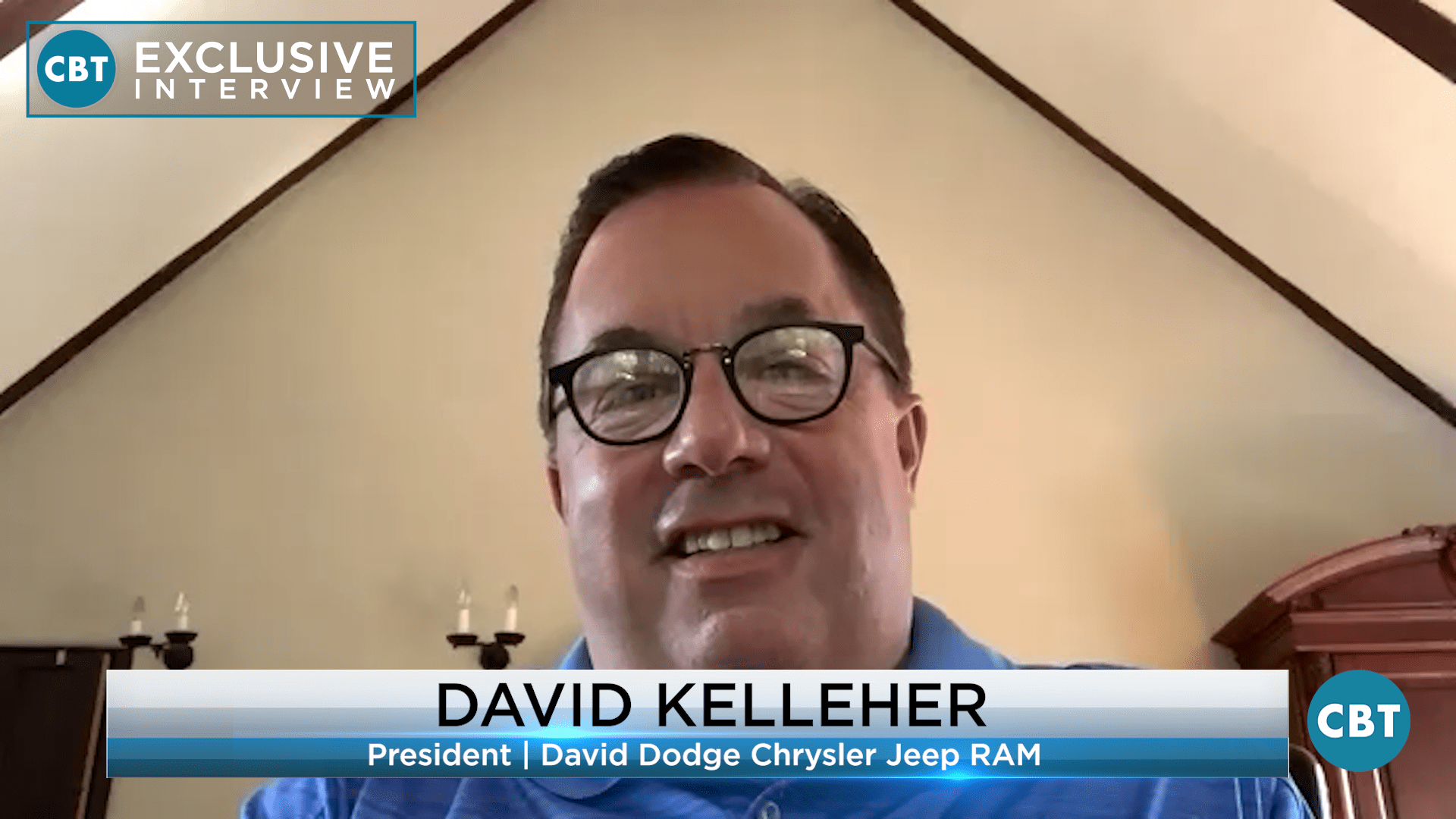Are we witnessing the end of gas-powered cars? On today’s episode of Inside Automotive, Dave Kelleher, president of the David Auto Group, has joined us to discuss his perspective on the state of the automotive industry in relation to dealerships and what can be taken away from their turbulent year.
Kelleher questions, “why, in the era of grocery delivery and Instacart, do we insist that our customers wait four to five hours at our dealerships? They provide 35% of home deliveries for the convenience of their customers, who make up one in four and the majority of whom have never visited the showroom. Speaking about the early ending experience is a David Auto Group dealership practice. In this scenario, the client contacts the dealership via leads, and Kellehers’ team is taught to discuss the customer’s demands early on without the customer ever having to enter the dealership.
For starters, Kelleher wants to sell to every driver in the Philadelphia market, so as a dealer, he advocates for more home deliveries. But how to carry out F&I and home deliveries is one of the difficulties dealers face. However, according to Kelleher, “we have conquered that,” and their client now participates in a required F&I Zoom or phone conversation with the team for team members to convert the best F&I opportunity for every individual.
 |
In the EV market, an electric car only costs about 35% of what a regular automobile does in terms of servicing. Whereas filling up with gasoline would cost $50, it would only cost $8 to do so with an EV. The government is on board, the infrastructure is in place, and Pennsylvania has 14 carbon stations, according to Kelleher. At least 20% of deliveries from manufacturers must go to electrification. As a result, adaption is taking place in 14 states. Dealers are aware that adaptation is taking place and need to get behind this, or they risk losing their car business. “Eventually, they are going to quit delivering gas-powered vehicles,” claims Kelleher.
The transformation committee at Stellantis operates under the premise that these EVs have “a 1600-pound battery that needs to be pulled out with a forklift.” They require trained technicians and adaptable bays that can support the weight to repair these batteries. According to Kelleher, “many places think it’s a simple plug-and-play, but there are many factors involved, therefore Stellantis addresses it by acknowledgment.” Dealers need to be aware that these fundamental elements are necessary in order to sell these EVs.
“We’re going to have to start adapting to their business,” notes Kelleher. For protection within the David Auto Group, Stellantis considers other revenue-generating strategies with car dealerships. Such as, charging stations that have produced multiple opportunities to aid in those revenue figures.
Did you enjoy this interview? Please share your thoughts, comments, or questions regarding this topic by connecting with us at newsroom@cbtnews.com.
Be sure to follow us on Facebook, LinkedIn, and TikTok to stay up to date.
While you’re here, don’t forget to subscribe to our email newsletter for all the latest auto industry news from CBT News.







